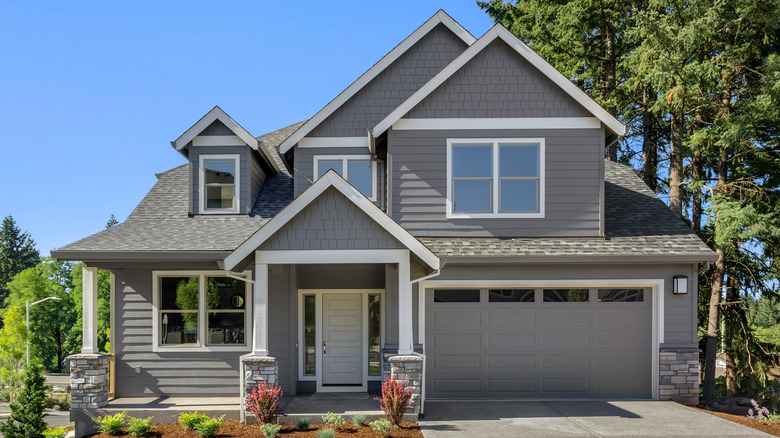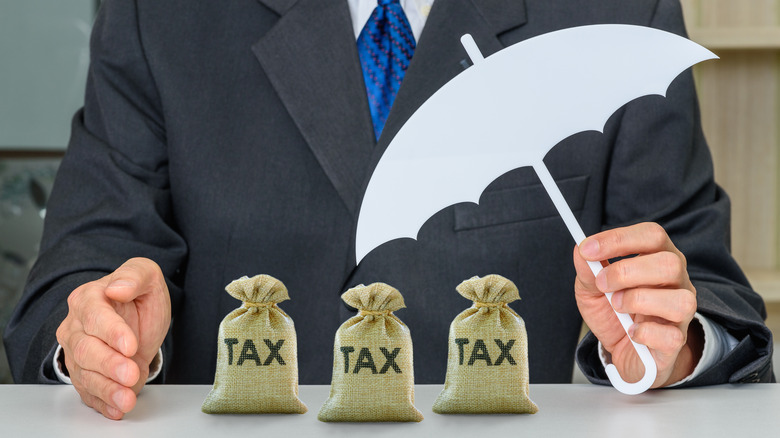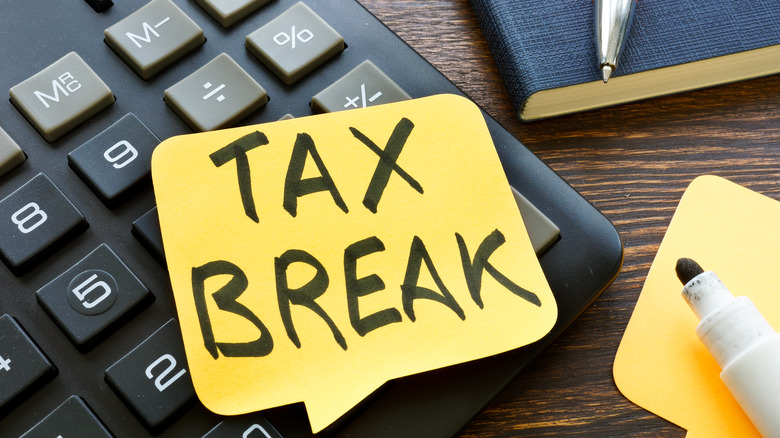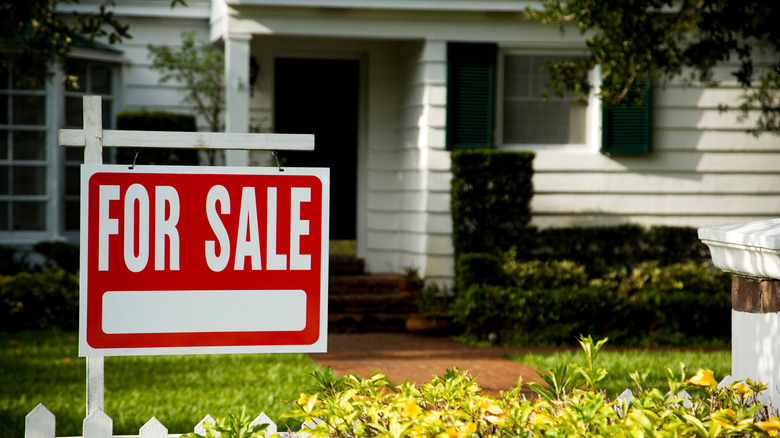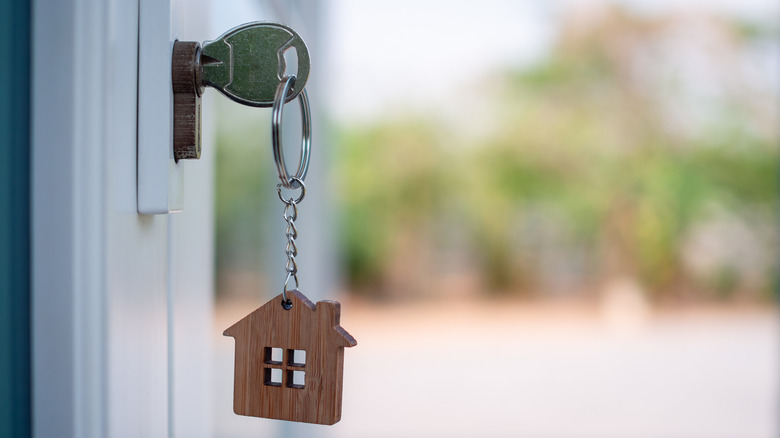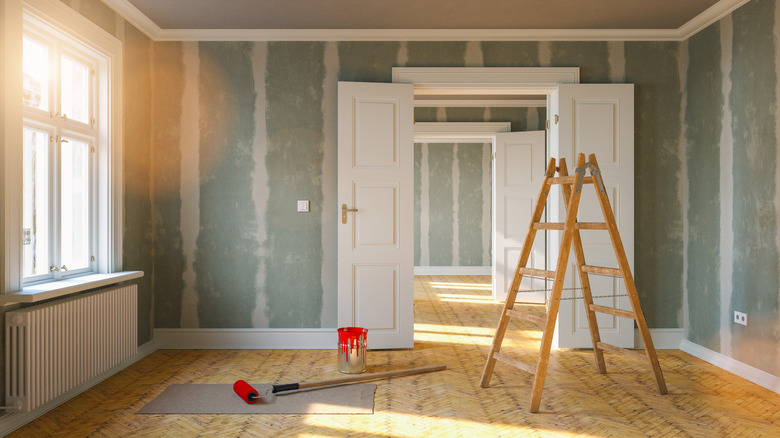5 Tax Breaks You Can Get If You Own A Second Property
Owning a house is a dream come true for any homeowner. It essentially signifies having a title deed rather than leasing or renting a property and enjoying other tons of benefits that comes with it. It gets even better if you own your second property. You can buy the home for vacations, retirement time, or just to rent it out. Getting a second or third residence means repeating the whole process of saving up money for a down payment and saving on your home insurance.
The process is stressful and can take a huge chunk out of your pocket, especially when you get started on the mortgage payments and a thousand other expenses. However, if you are considering owning a second property, you need to take advantage of the numerous benefits that come with it, such as tax breaks.
Investopedia explains that you can reduce the substantial costs if you own a second house by demanding mortgage interest deductions, as well as other substractions: You will buy your next home and save a thousand coins while at it when you claim tax deductions like property taxes and mortgage interest. Check out these top tax breaks you can get if you already own a second place.
Mortgage interest
Most homeowners' greatest tax break is the mortgage interest deduction. According to USA Today, interest paid on a home loan is possibly the biggest tax deduction for the average American. Moreover, it is the best way to own a property at an affordable rate despite the fact that the government revised the rules on tax breaks and how much you can save through mortgage interest deductions.
Realtor says the rules are the same for writing off personal residences, whether it's your first or second home. Before Tax Cut and Jobs Act (TCJA) changed it, you could write off 100% of the interest you pay to a limit of $1 million in debt. However, this is only applicable to home loans taken out before 2018. Currently, you can deduct your interest on up to $750,000 of mortgage debt (single filing or married filing jointly) and $375,000 if married but filing separately, the IRS notes.
Mortgage interest deductions apply if you have a mortgage on your home, provided it's not a rental property. They enable you to not just deduct the interest you pay on your loan to buy but build or improve your second property as well. It also applies to the interest paid on Home Equity Loans and Home Equity Lines of Credit.
Property tax deductions
If you are thinking of owning another home other than the first one, you can deduct property taxes at a local or state level. In addition, you can claim property tax deductions depending on the location and the value of your house during appraisals. Rocket Mortgage states that married couples filing jointly can deduct up to $10,000 of property and $5,000 for single filers or married filing separately. This includes both property and income tax.
But first, you must itemize Schedule A deductions to qualify for property tax deductions. Most homeowners seeking to acquire second homes are likely to have exceeded the limit with their first property purchase. Getting deductions on huge local tax bills, for instance, can save you a lot when buying a building, whether it's a remote home purchase or not. It's worth noting that if you can own two properties, your taxes will likely fall on the higher side.
Capital gains tax breaks
For whatever reason, you might decide to sell your home. If you own more than one property, you need to figure out which one is your primary residence and which is the second domicile. Investopedia reports that this is because you can exclude up to $250,000 in capital gains from your salary on the sale of your principal residence (or up to $500,000 if you are jointly filing or married). On the other hand, you have to pay a capital gains tax on your entire profit when selling your second home.
To claim this tax break on your second property, you have to make it your primary residence. This means you must live in it more in the first two to five years before you put the house on sale; doing this will shelter you from paying a bigger capital gain tax. Another requirement that might lessen the capital gain is that you didn't take another exclusion for an additional home sale during the past two years. You might also be required to pay back any depreciation you claimed for business use of your house when selling your second property.
Tax breaks on rented homes
You can decide to rent out a section of your second house in the course of the year to help pay bills or turn it into Airbnb. Tax rules apply to rented properties depending on how often it's for personal use or rental. If you rent it for prolonged periods, it will fall under rental property, and you won't get deductions on mortgage interest. On the other hand, if you rent your house for 14 days or fewer, it is considered a primary property, and you can't deduct rental expenses.
When you rent it out for more than 14 days, and you live there for less than 14 days, it will fall as an investment property, and you will have to pay rental income tax. However, you can deduct expenses for the rented space to lessen your rental income tax.
According to Kiplinger, you can subtract expenses such as repair and maintenance costs, depreciation on furniture and other equipment in the rented area, and utilities. You will determine how much to deduct by splitting the expense and allocating some of it to the rented space. This means dividing the days you rent it by the number of days you use the home.
Home improvements tax deductions
Did you know that some home improvements can qualify for tax breaks? Sometimes your second home can require modifications or installation of some equipment; Realtor explains the two exceptions to this undertaking.
The first exception happens when the home equity loan on your principal or second house is more than $50,000 and $100,000 if filing single or married filing jointly, respectively. Another exception is when your mortgage is more than the fair value of the home in the market. In both cases, you will face a limit on the deduction amount.
You may qualify for home improvements tax deductions when you install special medical equipment, enlarge the doorways, install railings, move electrical outlets, install elevators, change doorknobs, or lower the cabinets in the home. However, upgrades to functioning areas such as the kitchen to make the home child-friendly or conducive for the elderly might not qualify. To claim the tax break, you must itemize, but keep in mind that the only deductible medical expenses are the ones that exceed 7.5% of your adjusted gross income, per NerdWallet.

